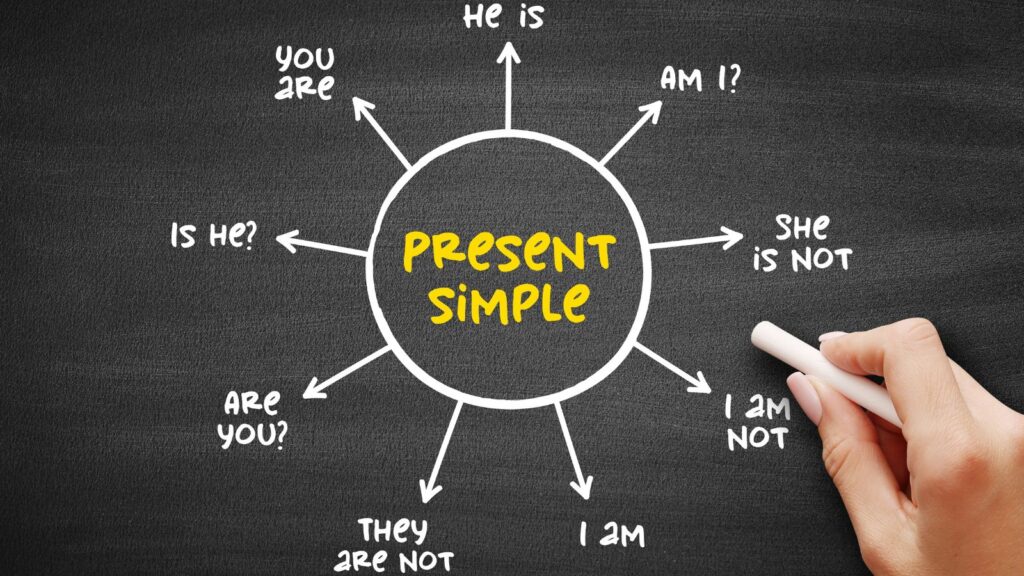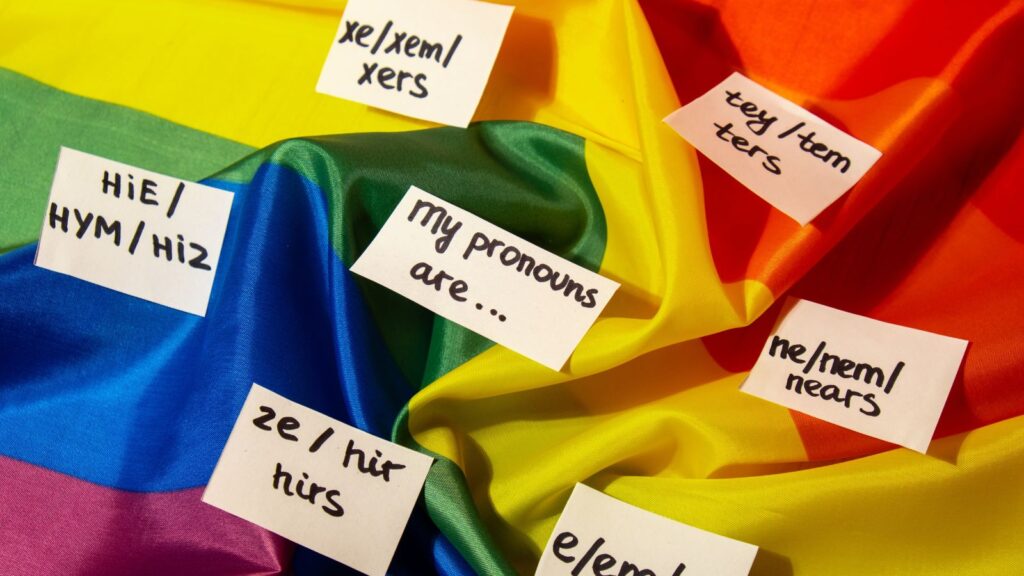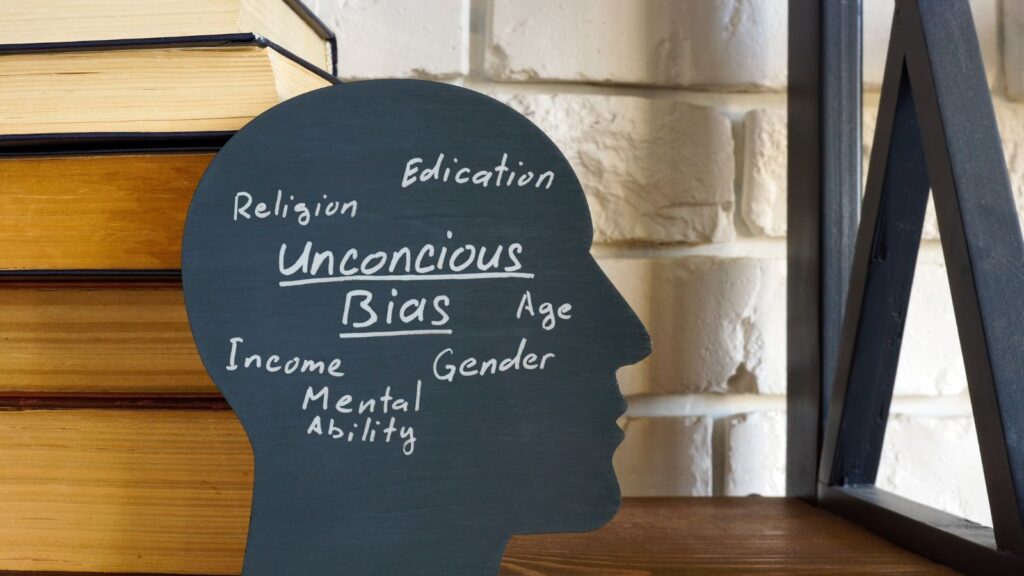Nowadays, creating an inclusive workplace is deemed important for building a positive and productive environment. There are certain behaviors, though likely unintentional, that can make colleagues feel excluded or undervalued. In the modern workplace, everyone should be treated equally and fairly. It isn’t difficult to make a few changes, it just requires you to know how.
Interrupting Others

Can you think of one person in the office who always interrupts with a better idea? Annoying aren't they? Interrupting someone is far from helpful behavior and can be seen as rude, particularly if it's silencing quieter or minority voices. Encouraging active listening and patience helps everyone feel heard and respected. No one should be given the podium more often than others.
Excluding from Meetings

There’s no valid reason why certain team members should be excluded from a meeting. It might be necessary at certain times, but if it's happening repeatedly, you're making people feel undervalued. If you're not interested in what they have to say, you shouldn't have hired them. Failing to acknowledge them will hinder collaboration and create a tense atmosphere.
Assuming Gender Roles

Assuming tasks based on gender only reinforces stereotypes. Times have changed, and tasks should be based on skills and interests instead of outdated assumptions. It promotes fairness, and equality and recognizes everyone's strengths.
Using Exclusive Language

Using jargon or colloquialisms that not everyone understands will only create barriers. It’ll make some team members feel out of the loop or less intelligent. Try to speak in clear, inclusive language that everyone can understand, it makes for a much more productive environment and supports inclusivity.
Overlooking Pronouns

Ignoring or assuming someone's pronouns is disrespectful. It invalidates their identity and can make them feel awkward. Always ask and use preferred pronouns, as it shows respect and acknowledges individual identities. Never be afraid to ask the question. People will be happy you've reached out.
Cliques

Tight-knit groups might seem beneficial, but they exclude others and create a divisive atmosphere. You’ll find that excluded members feel isolated, which can promote resentment over time. To avoid this, encourage more inclusive social interactions that aim to build a supportive team environment.
Non-Accessible Workspaces

Not all workplaces accommodate disabilities, despite it being a necessity nowadays. If you don’t have accessible buildings or equipment, you’re excluding less able-bodied employees, limiting their ability to perform and feel included. Ensure workplaces are accessible to everyone.
Cultural Insensitivity

Making jokes or comments about someone's culture is rude and offensive. Though it might have innocent intentions, these comments ultimately show a lack of respect and understanding. Educate yourself about different cultures and be mindful of your words. After all, you don’t want to upset anyone.
Microaggressions

You don’t have to be outwardly angry to demonstrate aggression. Sometimes, subtle, often unintentional comments or actions can be more harmful. These can quickly accumulate and create a hostile environment. Those in management positions need to demonstrate patience, and that should be passed on to the workforce.
Not Recognizing Achievements

It’s vital not to overlook the contributions of all employees, especially minorities. Failing to do so will demotivate them, show bias, and can affect their career progression. Acknowledge and celebrate everyone's achievements.
Assuming Everyone Celebrates the Same Holidays

Not all employees celebrate the same holidays, so make sure you’re aware of more diverse celebrations. This demonstrates inclusivity and respect for different cultures, and you’ll alleviate any underlying tensions. Do your research and have a conversation with your workforce to establish their holiday plans.
Gender-Specific Dress Codes

You should never enforce dress codes that are gender specific, as it’s not only discriminatory but can make some employees uncomfortable or unaccepted. Skirts for women and trousers for men are hugely outdated. Implement fully inclusive dress codes that respect individual preferences.
Favoritism

Consistently favoring certain employees over others creates an uncomfortable atmosphere and makes others feel undervalued and demotivated. Always ensure fair treatment and equal opportunities for a balanced and positive workplace.
Unconscious Bias

You might not even be aware of them, but unconscious biases might be influencing decisions. Recognize and address any underlying biases that you might have to avoid discriminatory hiring, promotions, and daily interactions. It helps create a fair and inclusive workplace.
Inadequate Feedback

Providing vague or insufficient feedback hinders growth. Your team requires constructive criticism to thrive and improve, just make sure it isn’t biased or inconsistent and aimed at certain people. Offer clear, constructive feedback to everyone.
Ignoring Work-Life Balance

Not respecting employees' need for work-life balance can cause burnout, so it’s important to respect those who have personal needs such as childcare duties. Otherwise, you’re showing a lack of consideration for their well-being. Encourage a healthy work-life balance.
Lack of Professional Development

You should offer equal opportunities for training and advancement and make it accessible to everyone. Don’t fail to invest in all employees, and provide professional development opportunities for everyone. This supports growth and retains talent.
Stereotyping

Assumptions based on stereotypes are dangerous, and they’re limiting to relationships. Stereotyping certain people shows a lack of understanding and respect, so treat each employee as an individual. It’s never okay to make sweeping assumptions due to historical beliefs or misled societal understandings.
Dismissing Ideas

Dismissing ideas from certain employees tells them that their input is not valued. That’s harsh and unfair, so encourage and consider ideas from everyone. This promotes creativity and shows that all voices matter. No one should be singled out.
Poor Conflict Resolution

Ignoring or mishandling conflicts can create tension and division. It shows poor, or a lack of leadership and respect for employees' well-being. Address conflicts fairly and ensure that you don’t take sides. Good management starts with a foundation of equality.
30 Traditional Sayings That Are Now Considered Offensive by Woke Culture

30 Traditional Sayings That Are Now Considered Offensive by Woke Culture
21 Habits Often Associated With Having a Lower Social Status

21 Habits Often Associated With Having a Lower Social Status
25 Social Issues Gen Z are Determined to Cancel

